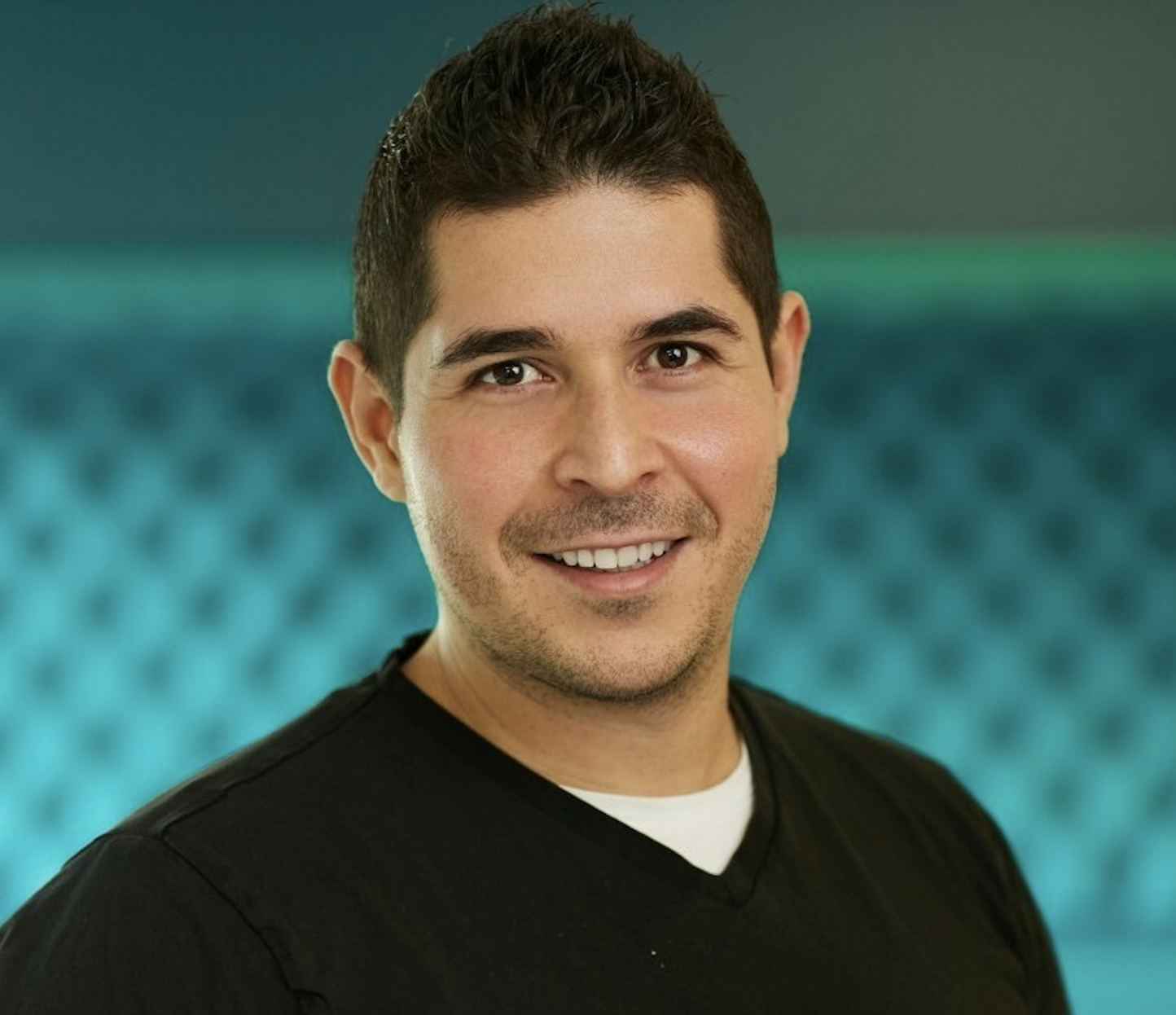It sounds obvious, but startups need to interact with customers to be successful. And with funding and scaling top of mind, customer service often falls down founders’ priority lists.
This can lead to mistakes — big ones — which can impact investment and growth.
“Some founders want to focus on the product and don’t spend enough time close to what the customer issues are,” says Brad Bowery, who founded two startups and now works on the startups team for customer service software company Zendesk. “If you get a really bad experience early on with a startup, you’re unlikely to go back to them.”
And it’s backed by data: Zendesk reports 50% of customers will switch to a competitor after just one bad support experience.
Yet, mistakes are inevitable when building a business, says Bowery. Some things will work and others will need improvement, you just need to recognise the difference, he says.
We asked four founders about the biggest customer mistakes they’ve made (or seen!) — and what they learned from them — so you can do better.
The “nightmare scenario”: A data mix up
For Bowery, the worst customer service mistakes typically involve messing up consumer data.
When working at an auction startup, he says, there was no computer programme that ran the auction in the background. Because the team was manually punching in numbers at the back end, things got muddled and they ended up sending the wrong items to the wrong customers.
“When you get that data wrong, it creates a huge headache,” says Bowery. “A nightmare scenario where you have to reach out to all your customers and let them know what’s happened.”
Of course, data mistakes can be far more sinister, and damaging to a company if they take the form of a GDPR violation.
Looking back, Bowery says focusing on implementing automated programmes would have avoided the situation, but at the time it wasn’t a consideration.
When you get that data wrong, it creates a huge headache. A nightmare scenario where you have to reach out to all your customers and let them know what’s happened.
“Behind the scenes, you could have had everything automated and be out on the beach having a cocktail while the business is running, but we were actually spending 12 hours crunching through excel spreadsheets to make everything happen,” he says. “It just wasn’t a priority to automate that because there were so many other things we needed to do to get the business off the ground.”
Bowery says the startup was upfront and owned the error, but he learned an important lesson about prioritisation. “One of the challenges you have as a founder in the early days is prioritising what matters, what you need to fix and where you need to spend your time,” he says.
A bonus tip for startups today? Bowery says don’t underestimate a FAQ page, as this will help with internal prioritisation.
“One opportunity for a lot of founders early on is to start building out and publishing your FAQs as soon as possible,” he says. “It gets you and your team in the mindset of constantly making things better.”
The first CBD store? Incredible “in theory” but difficult in reality
Olivia Ferdi and her husband founded TRIP, a CBD wellness brand based in the UK, to “create calm in the everyday chaos.” During the pandemic — with stress and anxiety at a high — Ferdi says customer attitudes changed rapidly, and they became more demanding with wanting their products to be delivered quicker.
“We partnered with Deliveroo so that we could cater to this need, to create the first-ever CBD store, delivering TRIP in 30 minutes throughout the UK,” she says. “In theory this was incredible and the uptake was astonishing.”
However, Ferdi says, the partnership missed out the startup’s direct line to customers, whether that was in-store or through D2C (direct-to-consumer) channels.
“Delivering through Deliveroo, our customers were frustrated by not being able to speak directly to us about their experience or what might be causing them stress right at that moment,” she says.
Our customers were frustrated by not being able to speak directly to us about their experience or what might be causing them stress right at that moment.
Ferdi says this led to the startup recognising the importance of having these direct lines of communication in building a community. Customers can be your biggest advocates, recommending your products or services to friends, and you need to be in touch with them to build it.
“To rectify the issue we launched our SMS text service, so that we could be contacted at any time of day and respond quickly and securely,” she says. “Customer service is integral to startups. And in the beginning and throughout your growth as a brand, your community is essential to your success.”
It’s not all about you
Founder and CEO of consultancy startup Boom & Partners, Kevin Smith, says the biggest customer service mistake is to forget your customers completely.
“I have seen many founders try much too hard to sell a product or service that they themselves like, and because of that think their potential customers will like, but it fails to gain traction,” he says. “They fail to realise that it’s about what the customer wants to buy and not just what the founder wants to sell.”
In 2020, founders that didn’t adapt and change their customer service to have more customer care and personalised service were the ones that were hit hardest during lockdown and recovery.
Smith says he's learned the importance of understanding your customers — through market research and feedback — and why founders need to then adjust their customer service accordingly to meet expectations.
“Do full market research and come back with what potential customers actually want to buy,” he says.
“In 2020, founders that didn’t adapt and change their customer service to have more customer care and personalised service were the ones that were hit hardest during lockdown and recovery,” Smith says. “No hard sell, but customer care and wellbeing became the order of the day.”
Feedback platform Trustpilot forgot to ask for feedback
Peter Holten Mühlmann, CEO of consumer review website Trustpilot, says he started the company in 2017 so “consumers and businesses could share and respond to honest feedback.”
However, along the way, he says he forgot to utilise his own platform.
“The biggest customer service mistake we made was not asking our customers to review Trustpilot,” he says. “When we did that, we instantly learned so many things and gave potential customers a great way to find out if Trustpilot was something for them.”
The biggest customer service mistake we made was not asking our customers to review Trustpilot.
Mühlmann says he learned strong customer service can help a startup build a competitive advantage.
“Whilst some businesses may not be able to compete with others on factors such as price,” he says. “What can really set them apart is making sure they provide the best customer service experience.”




